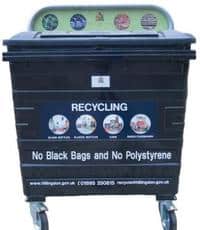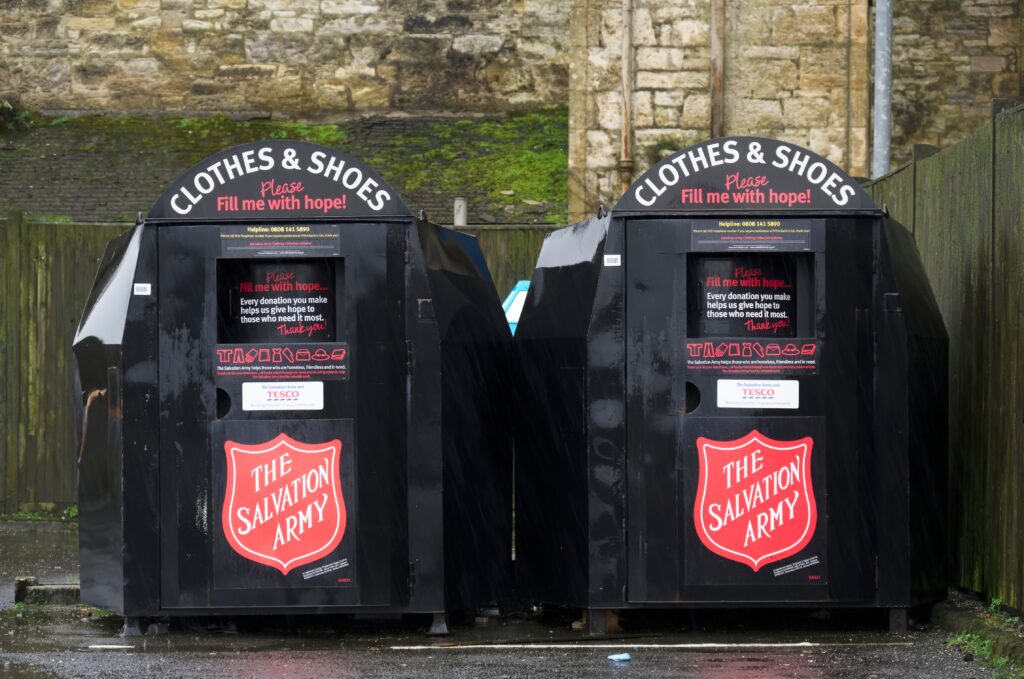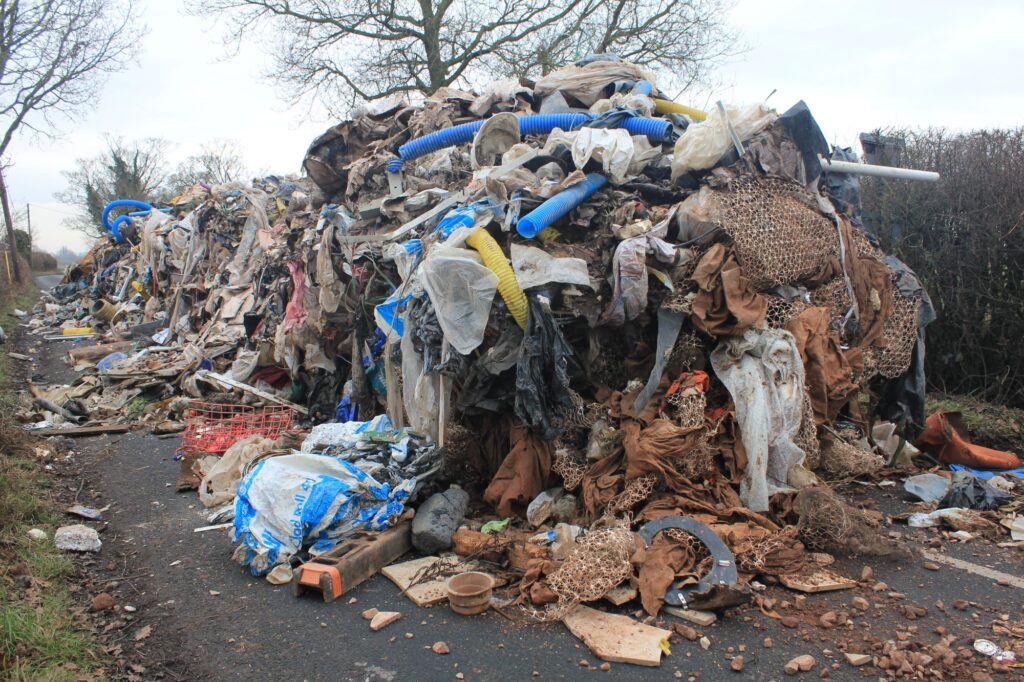The local authority has introduced reusable recycling bags and communal bins for residents living in both council and private flats to make use of, following a successful trial across council flats in November last year (see letsrecycle.com story).
However, Hillingdon council said that fire risks hadn't impeded them from introducing recycling for residents living in flats but previously the size of the recycling receptacle had led to a trial with council flats being withdrawn.
A spokeswoman for the council said: “Council houses were trialled a few years ago and withdrawn due to the bins lifting all the way out, which led to fly-tippers and other people putting waste in that they shouldn't of, like construction waste and rubble.”
“Now we have looked at how much the lid opens in the trial with the council flats, and it proved successful,” she added.
Problems
The introduction of recycling to flats has historically proven problematic for many councils due to logistics and fire hazards it can pose.
In Hackney, a flats recycling collection scheme was withdrawn at the end of May following advice from London Fire Brigade and ended collections in high-rise blocks in the borough, with street-based residents told that they would still be able to use the service.
A spokesperson said: “After the trials had started, London Fire Brigade issued recommendations against door to door collections. Their concerns were that that recyclable materials placed in corridors may affect escape routes and can pose a fire risk. These were then verified by independent fire safety consultants.”
The problems posed by flats recycling were also experienced by Glasgow, who, in April last year, had to withdraw its kerbside recycling service for flats due to the difficulty experienced by residents in accessing bin storage areas, a lack or participation and a high student population (see letsrecycling.com story).
Positives
However, councils have become increasingly aware of the need to include flats in recycling initiatives and many councils are keen to prove that it can provide valuable extra tonnages to their recycling collections.
Despite the problems experienced in Hackney, the council has still pledged to invest in making it as available as possible to residents in estates.
Cllr Alan Laing, Hackney's cabinet member for neighbourhoods, said: “Recycling is an easy way we can all make a difference and residents on estates play an important part in helping Hackney recycle as much as we can. The council is investing in estates recycling and over the coming months estates will see a 20% increase in facilities available to them.”
In January this year, South Lanarkshire introduced a pilot scheme with mini-recycling centres for high rise residents (see letsrecycle.com story) and, in February, Wolverhampton invested in recycling bins for people living in “hard to reach” homes (see letsrecycle.com story).
In a bid to combat flats recycling, Westminster council has also introduced recycling chutes for residents of the Hallfield estate in Paddington at the start of 2007 (see letsrecycle.com story), with the council telling letsrecycle.com that the average amount of recycling performed per household on the estate has grown from 1.37 kg a week to 6.16 kg and the overall recycling rate had risen from 10% before the introduction of the chutes to 56%.
Hillingdon's move to introduce recycling for residents of the West London authority's flats comes as the council looks to further improve on its current 34% recycling rate and hit the government target of 40% by 2010.









Subscribe for free